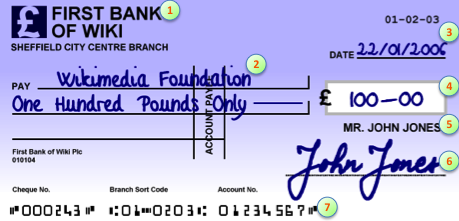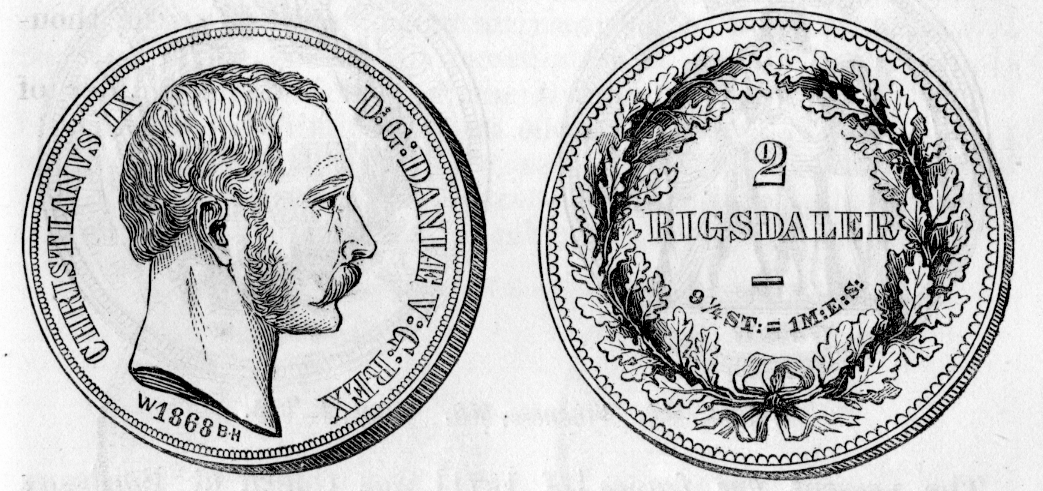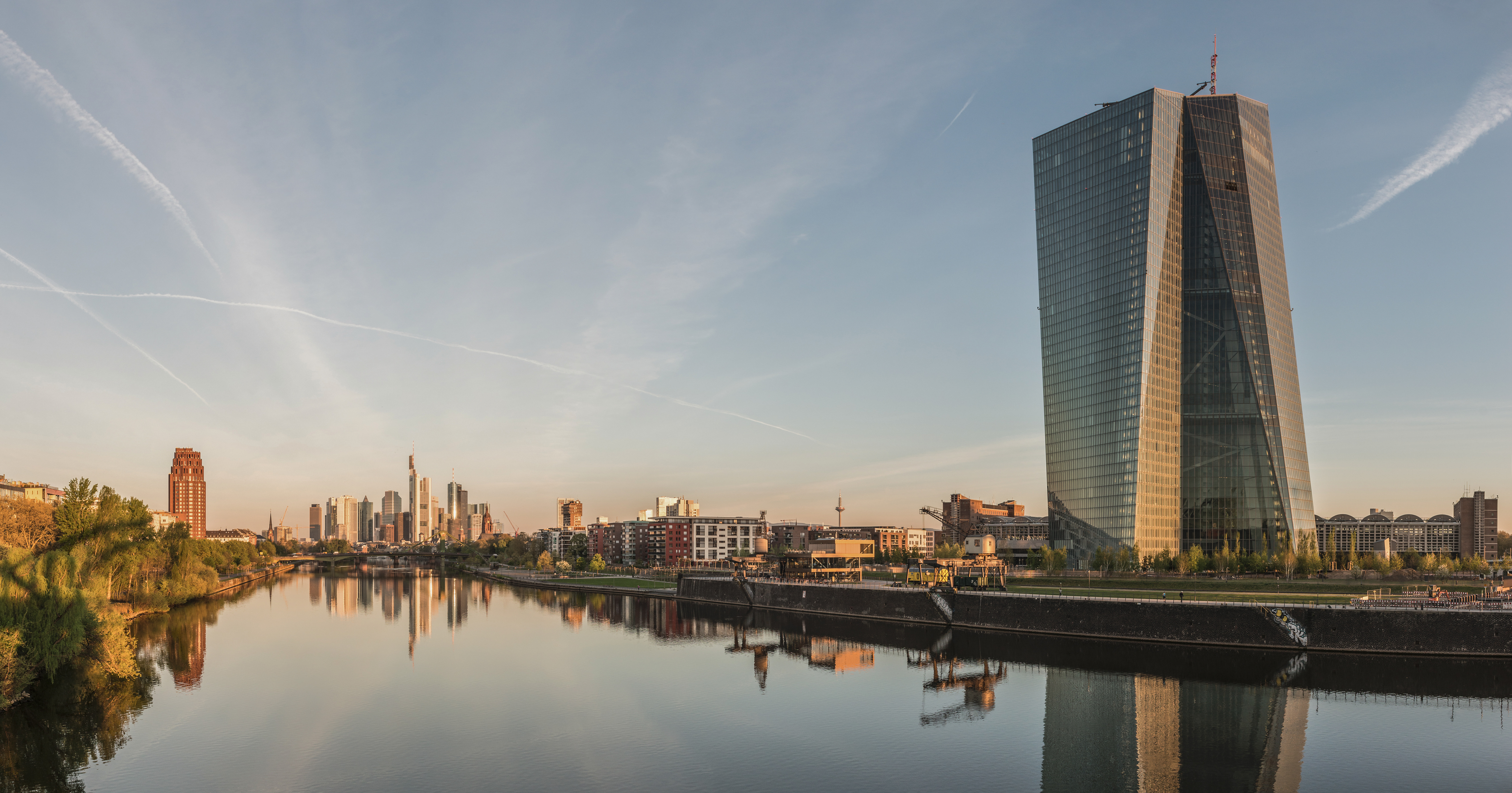|
Danske Bank (Northern Ireland)
Northern Bank Limited, trading as Danske Bank, is a retail bank in Northern Ireland. Northern Banking Company Limited was formed from a private bank, with the Deed of Partnership being signed on 1 August 1824. It is one of the oldest banks in Ireland with its private banking history dating back to 1809. Northern Bank took on the name of its parent company Danske Bank as its trading name in November 2012. It is a leading bank in Northern Ireland and a growing bank in Great Britain. In Northern Ireland, the Bank issues its own banknotes. Danske Bank is a standalone business unit within the Danske Bank Group and operates under a UK banking licence. History A private Northern Bank was founded in Belfast in 1809 as the Northern Banking Partnership. Those partners were Belfast merchants John Hamilton, Hugh Montgomery, James Orr and John Sloan. On 1 August 1824 it became a Joint Stock bank called The Northern Banking Company Limited. The bank expanded across Ireland, opening its fir ... [...More Info...] [...Related Items...] OR: [Wikipedia] [Google] [Baidu] |
Private Limited Company
A private limited company is any type of business entity in Privately held company, "private" ownership used in many jurisdictions, in contrast to a Public company, publicly listed company, with some differences from country to country. Examples include: the ''limited liability company, LLC'' in the United States, ''private company limited by shares'' in the United Kingdom, ''GmbH'' in Germany and Austria, (BV) in The Netherlands and Belgium, (SARL) in France, (S.r.l.) in Italy, and (SRL) in the Hispanophone, Spanish-speaking world. The benefit of having a private limited company is that there is limited liability. Abbreviations Albania In Albania, a limited liability company () is a commercial company founded by persons of physical or judicial status, who are not liable for the company and personally bear losses only up to the outstanding contribution agreements. Partners' contributions constitute the registered capital of a limited liability company. Each partner has ... [...More Info...] [...Related Items...] OR: [Wikipedia] [Google] [Baidu] |
Cheque
A cheque (or check in American English) is a document that orders a bank, building society, or credit union, to pay a specific amount of money from a person's account to the person in whose name the cheque has been issued. The person writing the cheque, known as the ''drawer'', has a transaction banking account (often called a current, cheque, chequing, checking, or share draft account) where the money is held. The drawer writes various details including the monetary amount, date, and a payee on the cheque, and signs it, ordering their bank, known as the ''drawee'', to pay the amount of money stated to the payee. Although forms of cheques have been in use since ancient times and at least since the 9th century, they became a highly popular non-cash method for making payments during the 20th century and usage of cheques peaked. By the second half of the 20th century, as cheque processing became automated, billions of cheques were issued annually; these volumes peaked in or a ... [...More Info...] [...Related Items...] OR: [Wikipedia] [Google] [Baidu] |
Canadian Bank Note Company
The Canadian Bank Note Company (CBNC) is a Canadian security printing company. It is best known for holding the contract with the Bank of Canada to supply it with Canada's banknotes since 1935. The company's other clients include private businesses, national and sub-national governments, central banks, and postal services from around the world. In addition to banknotes, the company produces passports, driver's licences, birth certificates, postage stamps, coupons, and many other security-conscious document-related products. It also prints and provides document reading systems for identification cards, lottery tickets, stamps, and banknotes. From 1897 until 1923, CBN was a unit of the New York–based American Bank Note Company (now known as ABCorp). It was later a privately held company when it was acquired by Ottawa businessman Charles Worthen; beginning in 1976 Douglas Arends slowly acquired control of the company. It has since been based in Ottawa, Ontario. Since 201 ... [...More Info...] [...Related Items...] OR: [Wikipedia] [Google] [Baidu] |
Polymer Banknote
Polymer banknotes are banknotes made from a synthetic polymer such as biaxially oriented polypropylene (BOPP). Such notes incorporate many security features not available in paper banknotes, including the use of metameric inks. Polymer banknotes last significantly longer than paper notes, causing a decrease in environmental impact and a reduced cost of production and replacement. Modern polymer banknotes were developed by the Reserve Bank of Australia (RBA), Commonwealth Scientific and Industrial Research Organisation (CSIRO) and The University of Melbourne. They were first issued as currency in Australia during 1988 (coinciding with Australia's bicentennial year); by 1996, the Australian dollar was switched completely to polymer banknotes. Romania was the first country in Europe to issue a plastic note in 1999 and became the third country after Australia and New Zealand to fully convert to polymer by 2003. Other currencies that have been switched completely to polymer bankno ... [...More Info...] [...Related Items...] OR: [Wikipedia] [Google] [Baidu] |
Year 2000
2000 was designated as the International Year for the Culture of Peace and the World Mathematical Year. Popular culture holds the year 2000 as the first year of the 21st century and the 3rd millennium, because of a tendency to group the years according to decimal values, as if non-existent year zero was counted. According to the Gregorian calendar, these distinctions fall to the year 2001, because the 1st century was retroactively said to start with the year AD 1. Since the Gregorian calendar does not have year zero, its first millennium spanned from years 1 to 1000 inclusively and its second millennium from years 1001 to 2000. (For further information, see century and millennium.) The year 2000 is sometimes abbreviated as "Y2K" (the "Y" stands for "year", and the "K" stands for "kilo" which means "thousand"). The year 2000 was the subject of Y2K concerns, which were fears that computers would not shift from 1999 to 2000 correctly. However, by the end of 1999, many ... [...More Info...] [...Related Items...] OR: [Wikipedia] [Google] [Baidu] |
Danish Language
Danish (, ; , ) is a North Germanic languages, North Germanic language from the Indo-European languages, Indo-European language family spoken by about six million people, principally in and around Denmark. Communities of Danish speakers are also found in Greenland, the Faroe Islands, and the northern Germany, German region of Southern Schleswig, where it has minority language status. Minor Danish-speaking communities are also found in Norway, Sweden, the United States, Canada, Brazil, and Argentina. Along with the other North Germanic languages, Danish is a descendant of Old Norse, the common language of the Germanic peoples who lived in Scandinavia during the Viking Age, Viking Era. Danish, together with Swedish, derives from the ''East Norse'' dialect group, while the Middle Norwegian language (before the influence of Danish) and Bokmål, Norwegian Bokmål are classified as ''West Norse'' along with Faroese language, Faroese and Icelandic language, Icelandic. A more recent c ... [...More Info...] [...Related Items...] OR: [Wikipedia] [Google] [Baidu] |
Danmarks Nationalbank
Danmarks Nationalbank (in Danish often simply ''Nationalbanken'') is the central bank of the Danish Realm, Kingdom of Denmark. It is a non-eurozone member of the European System of Central Banks (ESCB). Since its establishment in 1818, the objective of the Nationalbank as an independent and credible institution is to issue the Danish currency, the Danish krone, krone, and ensure its stability. The Board of Governors holds full responsibility for the monetary policy. Danmarks Nationalbank undertakes all functions related to the management of the Danish central-government debt. The division of responsibility is set out in an agreement between the Ministry of Finance of Denmark and Danmarks Nationalbank. History The bank was established on 1 August 1818 by King Frederick VI of Denmark. The private bank was given a 90-year monopoly on currency issue, which was extended in 1907 out to 1938. In 1914, the National Bank became the sole banker for the Danish government. The bank became ... [...More Info...] [...Related Items...] OR: [Wikipedia] [Google] [Baidu] |
Danish Krone
The krone (; plural: ''kroner''; sign: kr.; code: DKK) is the official currency of Denmark, Greenland, and the Faroe Islands, introduced on 1 January 1875. Both the ISO code "DKK" and currency sign "kr." are in common use; the former precedes the value, the latter in some contexts follows it. The currency is sometimes referred to as the Danish crown in English, since ''krone'' literally means crown. Krone coins have been minted in Denmark since the 17th century. One krone is subdivided into 100 ''øre'' (; singular and plural), the name ''øre'' is probably derived from the Latin word for gold. Altogether there are ten denominations of the krone, with the smallest being the 50 øre coin (one half of a krone). Formerly there were more øre coins, but those were discontinued due to inflation. The krone is pegged to the euro via the ERM II, the European Union's exchange rate mechanism. Adoption of the euro is favoured by some of the major political parties; however, a 20 ... [...More Info...] [...Related Items...] OR: [Wikipedia] [Google] [Baidu] |
Republic Of Ireland
Ireland ( ), also known as the Republic of Ireland (), is a country in Northwestern Europe, north-western Europe consisting of 26 of the 32 Counties of Ireland, counties of the island of Ireland, with a population of about 5.4 million. Its capital city, capital and largest city is Dublin, on the eastern side of the island, with a population of over 1.5 million. The sovereign state shares its only land border with Northern Ireland, which is Countries of the United Kingdom, part of the United Kingdom. It is otherwise surrounded by the Atlantic Ocean, with the Celtic Sea to the south, St George's Channel to the south-east and the Irish Sea to the east. It is a Unitary state, unitary, parliamentary republic. The legislature, the , consists of a lower house, ; an upper house, ; and an elected President of Ireland, president () who serves as the largely ceremonial head of state, but with some important powers and duties. The head of government is the (prime minister, ), ... [...More Info...] [...Related Items...] OR: [Wikipedia] [Google] [Baidu] |
Euro
The euro (currency symbol, symbol: euro sign, €; ISO 4217, currency code: EUR) is the official currency of 20 of the Member state of the European Union, member states of the European Union. This group of states is officially known as the euro area or, more commonly, the eurozone. The euro is divided into 100 1 euro cent coin, euro cents. The currency is also used officially by the institutions of the European Union, by International status and usage of the euro, four European microstates that are not EU members, the British Overseas Territory of Akrotiri and Dhekelia, as well as unilaterally by Montenegro and Kosovo. Outside Europe, a number of special territories of EU members also use the euro as their currency. The euro is used by 350 million people in Europe and additionally, over 200 million people worldwide use currencies pegged to the euro. It is the second-largest reserve currency as well as the second-most traded currency in the world after the United Sta ... [...More Info...] [...Related Items...] OR: [Wikipedia] [Google] [Baidu] |
Irish Pound
The pound ( Irish: ) was the currency of Ireland until 2002. Its ISO 4217 code was IEP, and the symbol was £ (or £Ir for distinction.) The Irish pound was replaced by the euro on 1 January 1999. Euro currency did not begin circulation until the beginning of 2002. First pound The earliest Irish coinage was introduced in the late 10th century, with an £sd system of one pound divided into twenty shillings, each of twelve silver pence. Parity with sterling was established by King John around 1210, so that Irish silver could move freely into the English economy and help to finance his wars in France. However, from 1460, Irish coins were minted with a different silver content than those of England, so that the values of the two currencies diverged. During the Williamite War of 1689–1691, King James II, no longer reigning in England and Scotland, issued an emergency base-metal coinage known as gun money. In 1701, a proclamation stated one English shilling was equal ... [...More Info...] [...Related Items...] OR: [Wikipedia] [Google] [Baidu] |
Bank Of England Note Issues
The Bank of England, which is now the central bank of the United Kingdom, British Crown Dependencies and British Overseas Territories, has issued banknotes since 1694. In 1921 the Bank of England gained a legal monopoly on the issue of banknotes in England and Wales, a process that started with the Bank Charter Act 1844, when the ability of other banks to issue notes was restricted. Banknotes were originally hand-written; although they were partially printed from 1725 onwards, cashiers still had to sign each note and make them payable to someone. Notes were fully printed from 1855. Since 1970, the Bank of England's notes have featured portraits of British historical figures. Of the Banknotes of the pound sterling, eight banks authorised to issue sterling notes in the UK, only the Bank of England can issue banknotes in England and Wales, where its notes are legal tender. Bank of England notes are not legal tender in Scotland and Northern Ireland, but are always accepted by tra ... [...More Info...] [...Related Items...] OR: [Wikipedia] [Google] [Baidu] |









